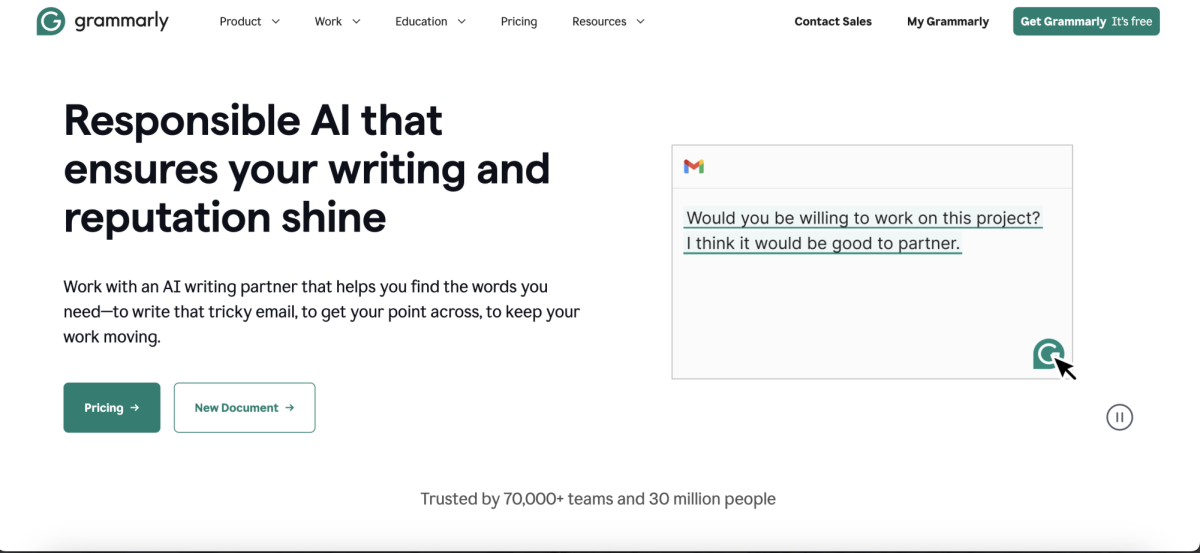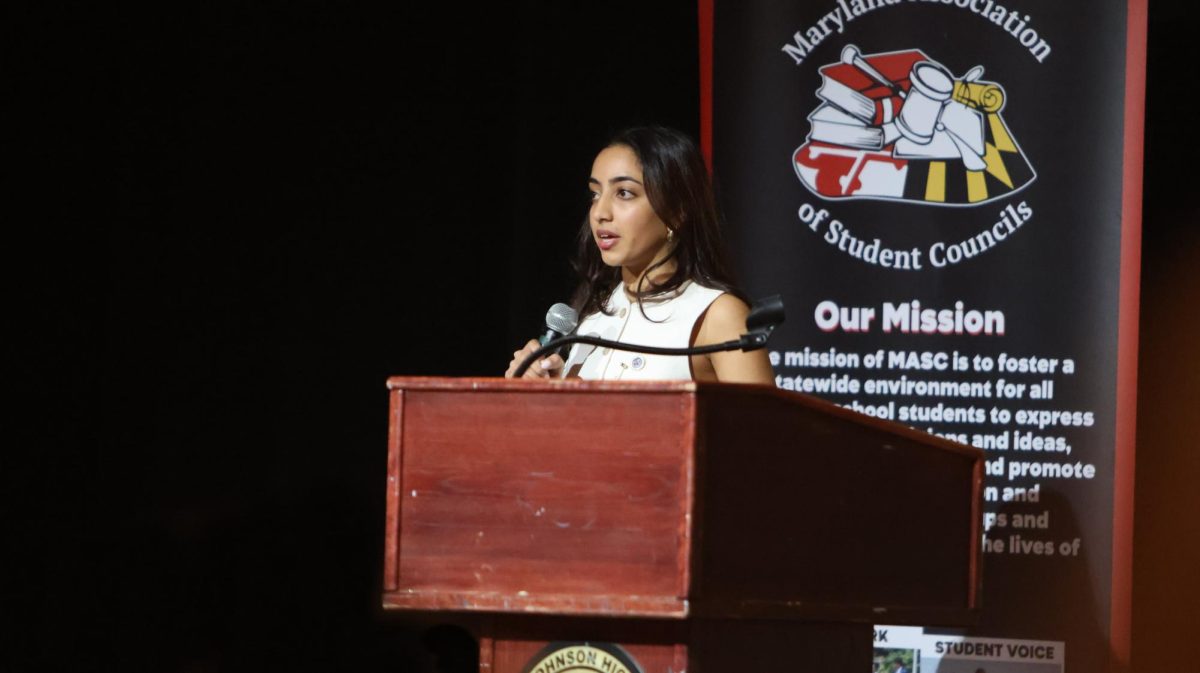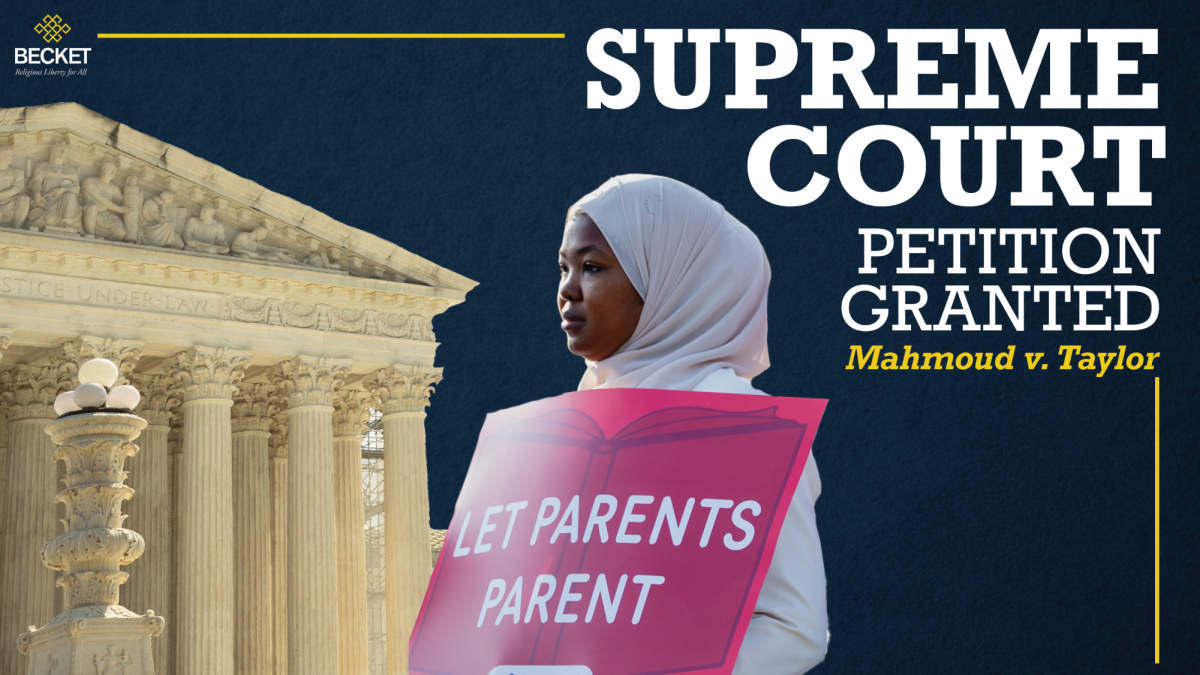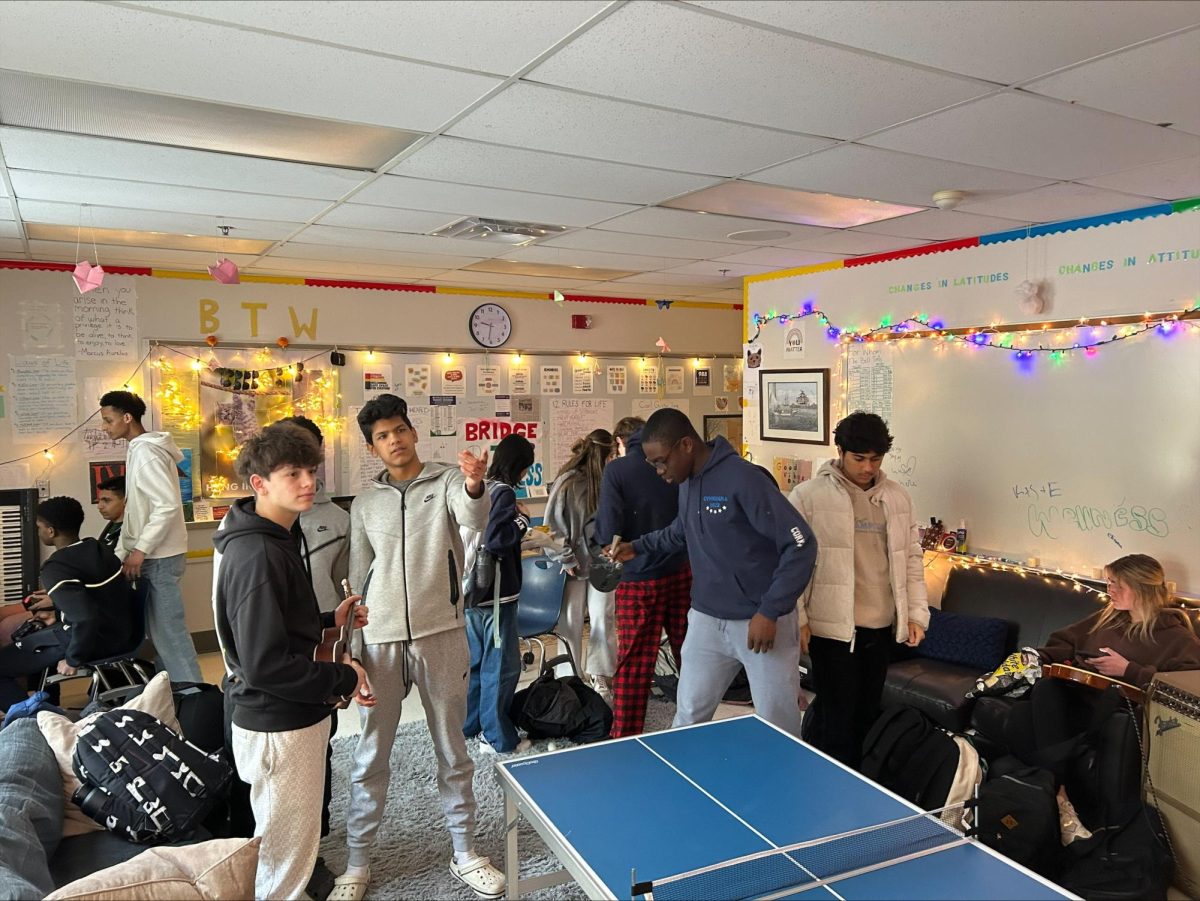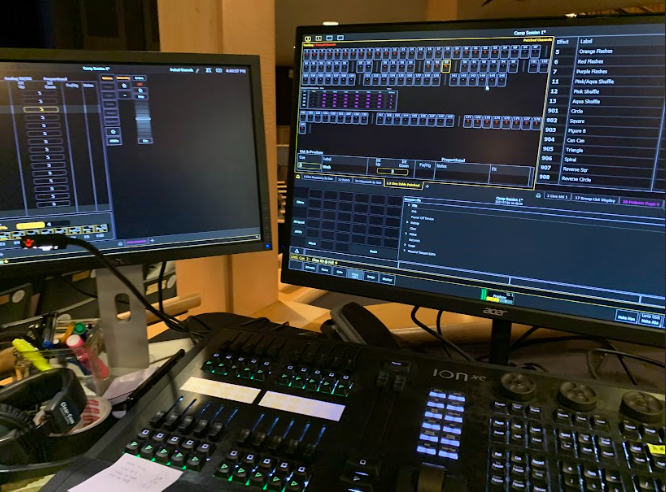A common phrase heard around the school is “rules are meant to be followed”. But what happens when such rules are outdated and not in line with new technologies? Is it still possible to follow the rules, or do changes have to be made? With the recent rise of AI, there seem to be more questions than answers.
AI has taken society by swarm. At first, the technology was implemented to assist with daily tasks including spell check, sending text messages or emails and language translation. However, in recent years AI has expanded tremendously to the point where the platforms can perform human tasks such as entire classwork assignments.
“[AI use has] definitely become more frequent this year than in previous years, as the tools have become more well-known and more sophisticated,” Honors English 10 and 11 teacher Kellie Alagic said. “I feel that some students [that use] AI instead of completing [their] work themselves are missing out on genuine opportunities to develop key skills.”
There are numerous generative AI platforms, programs that allow users to promptly generate new information from various inputs that students like to use, including ChatGPT, My AI on Snapchat and Meta AI. At the same time, there are additional forms of AI that are still generative but specialize in different areas such as Grammarly for grammar, Quillbot for paraphrasing and Photomath for math.
“I do pretty decent in math, so Photomath is not the most helpful for me, but I know my friends [use it],” WCHS freshman Katelin Chew said. “But using AI has been helpful to explain confusing topics for the assignment I am supposed to do.”
Like Chew, many WCHS students use AI to comprehend their assignments better. According to Junior Achievement USA, a nonprofit organization that specializes in preparing adolescents for success, around 44% of high school students use AI to complete their schoolwork. Despite this, 60% of teens consider utilizing AI to be a form of cheating.
“What I usually notice first is a vocabulary that seems much more sophisticated than what the student tends to write with on quick exit cards or other in-class assignments,” Alagic said. “Often, the writing is vague or doesn’t really meet the requirements.”
To regulate AI, WCHS has implemented an AI policy, known as the Academic Integrity Policy, that allows teachers to make sure that all students are aware of the repercussions of AI use. The new WCHS policy outlines AI use into the category of plagiarism. The dictionary defines plagiarism as the practice of “taking someone else’s work or ideas and passing them off as one’s own”, thus a form of academic dishonesty according to the MCPS Student Code of Conduct.
Plagiarism includes many actions taken without citation including, but not limited to, copying a passage or phrase word for word, paraphrasing an entry and distorting words/phrases. Each department enforces the policy differently and has different consequences for students who use AI to complete their work.
“[For the English department] students may be allowed to rewrite the assignment themselves by hand during lunch, usually if it’s a first offense,” Alagic said. “Students may also receive a 50 percent and not have a chance to submit their own actual work if this has been a habit of theirs.”
While the school’s AI policy is strict, it does not outline the usage of AI that complements a student’s work, such as using Grammarly to proof their essay or Mathway to understand their math homework.
“Students should be punished if they use AI to completely do their work [and are] copying and pasting the exact words,” Chew said “But if someone uses AI to understand a subject better, then there shouldn’t be any consequences.”
AI can be seen as a blessing or a curse. However, it can be assumed that AI is here to stay and will only continue to advance in the future.
“I can see AI usage in the same way that calculators have been viewed for a while: great tools that still require you to have some fundamental understanding of the processes and thinking for the task,” Alagic said. “[But I worry] that AI [is going to] become so much of a crutch or habit that people would lose the ability to think logically and critically, a skill that is so vital.”


